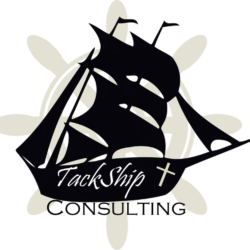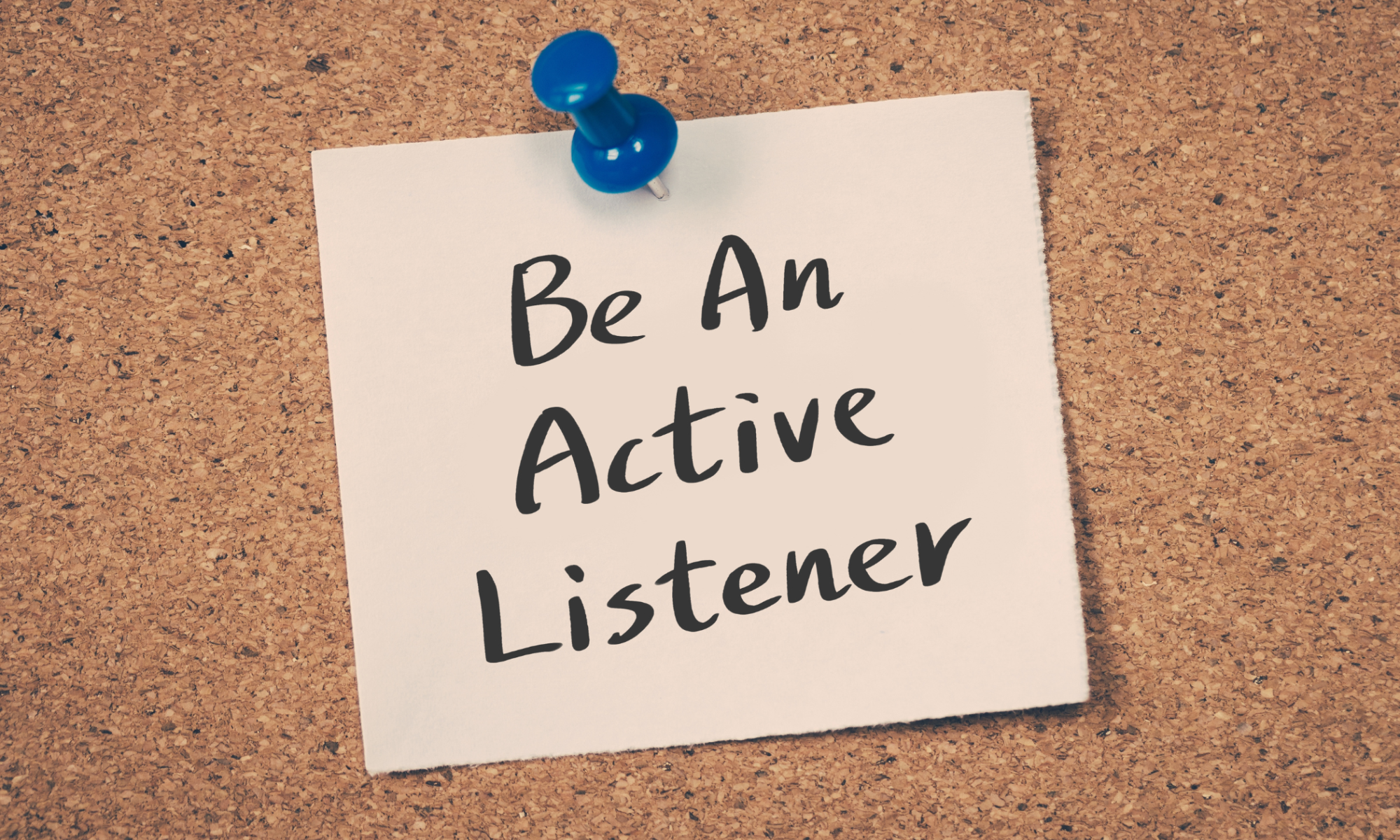Listening
I am the type of person who has to get a thought out of my head and into a conversation before I lose it, because I think I am so smart and witty. My contributions to the conversation are critical and must be heard, or at least from my perspective.
When I was living with my fiancé in Hawaii late last millennium, we used to go out to The Shack in Kailua for trivia night with a few other couples. My then fiancé (now wife) would get so mad at me, because I would talk over other people and not even bother or consider what they had to say. My own arrogance and self-importance trumped whatever contribution someone else might have had to say.
It didn’t start there, though. If I go back a bit earlier to my Naval Academy days, I studied a book for the Navy called “Seven Habits of Highly Effective People in Naval Leadership.” I did not take too much away from this book at the time, but since I was almost 21, I thought I had it all figured out. The thing is, though, I didn’t.
Habit 5 is “Seek First to Understand, Then to Be Understood.” Based on my behavior later in life, it is apparent that I did not take this habit to heart because I think being respectful, kind, and having empathy for people is really what this is about.
Active Listening vs. Passive Listening in Business
When it comes to active listening, we are present, listening to understand rather than trying to get the next word in, and trying to see the viewpoint of the speaker. But if we’re listening in a passive way, we’re not truly present and only listening so share our own opinion.
In my coaching certificate program, we practiced the skill of active listening while understanding their feelings and the technical term is called “attunement.” It’s essential to try and put yourself into someone else’s shoes and experience their perspective and feelings for the situation they’re currently experiencing.
Now, as an executive coach and consultant, it’s critical for me to listen to what people have to say, what they are feeling and try to understand what their needs and perspectives are. I was facilitating a “Vision Day” the other day for a client, and one of the values that we discussed was customer awareness. The client wanted to have a close relationship with customers, and have a deep understanding of their needs, where they are trying to go, to better provide solutions to these problems ahead of the competition.
But in my opinion, it even goes beyond that. I think for business development, we need to have the ability to listen to what potential customers are saying, ask clarifying questions, and provide intellectual capital that can help lead to solutions. Doing this goes a long way in building trust, a strong relationship, and possibly even a contract or business deal.
Build Relationships First
It’s hard to not be trying to build your business and sell a product or service to someone who you think needs it. But at the end of the day, I also don’t believe most people want to be “sold.” They may not even want to work with you, but if we can serve people, the right relationships will follow.
When serving others, we need to listen to them. We need to listen with emphasis, and we need to listen with empathy. At the end of the day, we need to take time to listen at a deeper level than just listening to respond.
Tackship Consulting
As an executive coach, I have the necessary training to help you and your company become better equipped to actively listen and build relationships with possible customers. If you’re ready to Activate your Passion and Optimize your Performance, fill out our contact form today!


